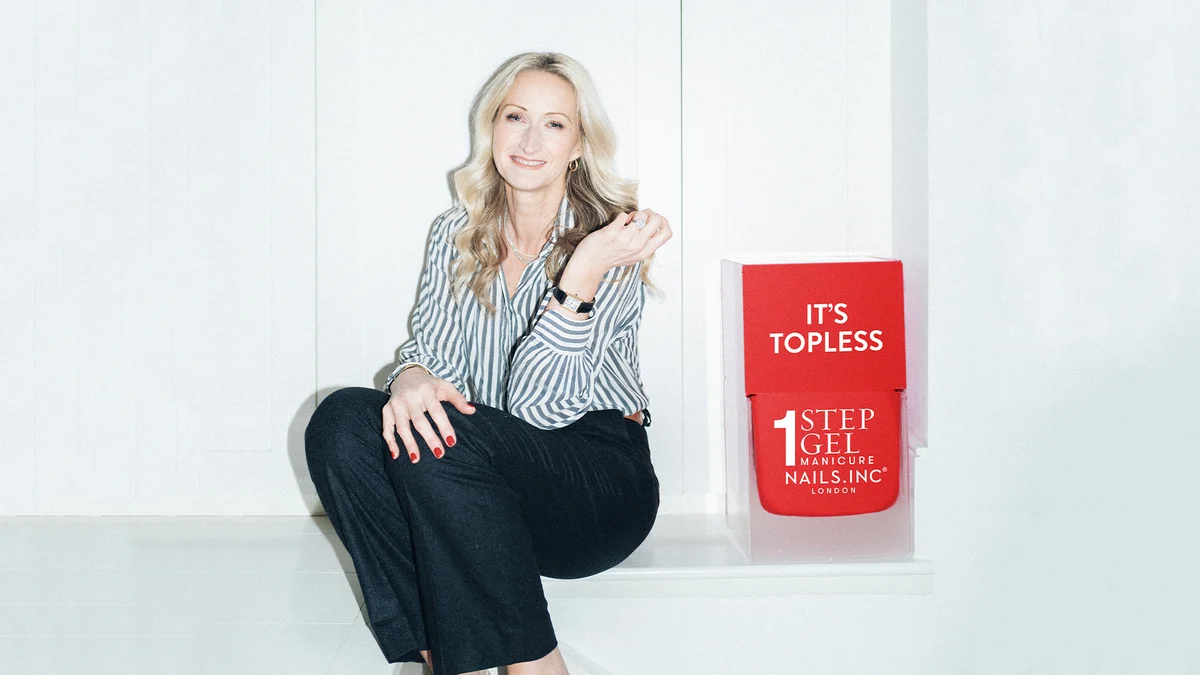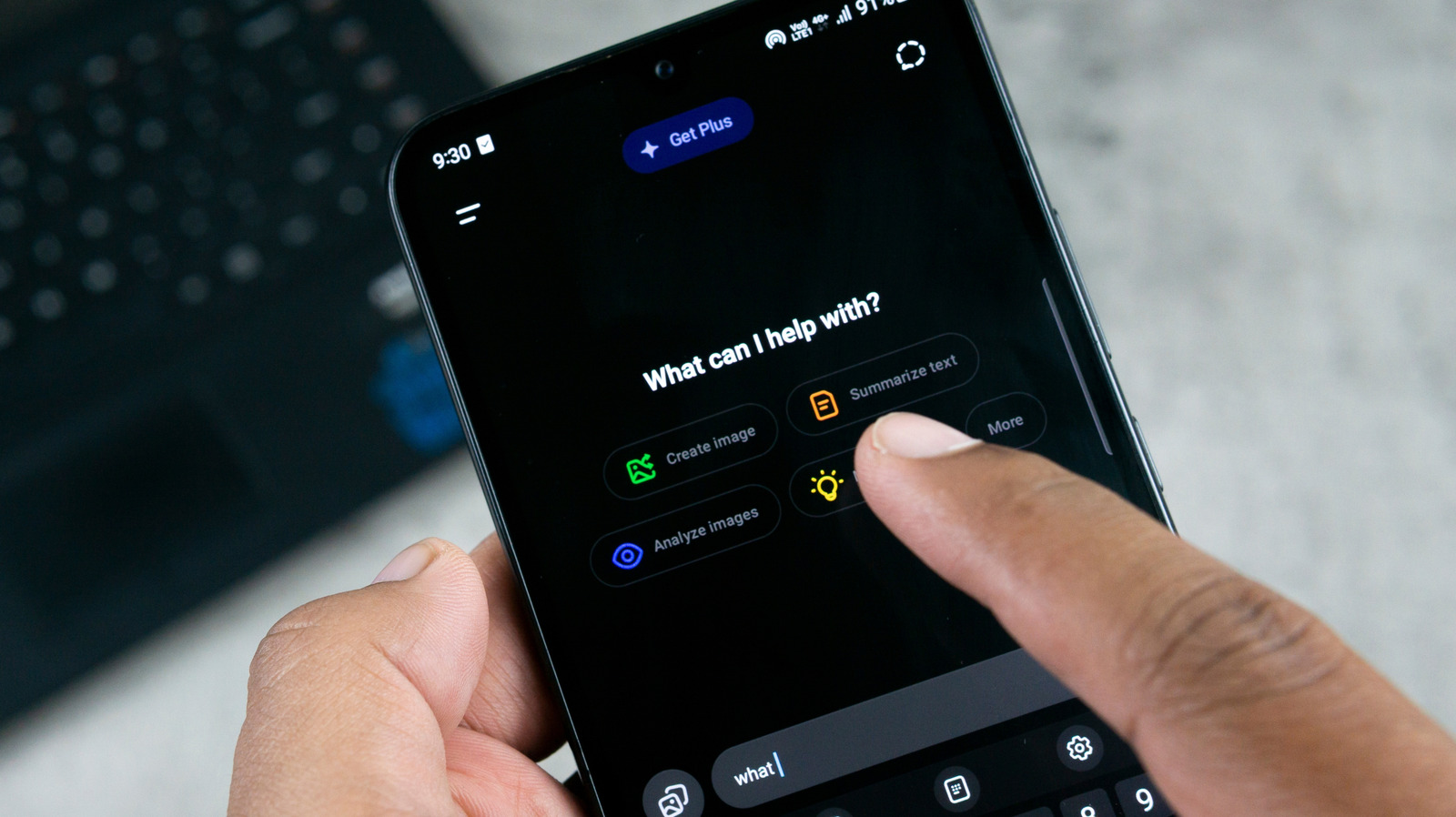Copyright standard

It’s two years since Thea Green sold Nails.INC to US private equity in a £30 million deal - and over 25 years since she first launched the beauty brand with a South Molton Street shop in 1999. In the intervening two decades, says Green, who is still at the helm post-acquisition, “it’s become like an entirely different business.” A lightbulb moment on a work trip to New York originally inspired Nails.INC. Green - then working as a fashion editor - spotted nail bars offering quick, cheap manicures for busy professionals and raised £250,000 from private investors to open one in London. A decade ago, the business was turning over £22 million and had 59 stores. But this year, the last Nails.INC nail bar - in Selfridges - twisted the lids onto its nail varnishes for a final time. “We served hundreds of thousands of customers, and it helped us build our brand, and trial and test our products in nail bars before we launched,” Green says. “But the market changed. Many of the department stores we were in, like House of Fraser and Debenhams, aren’t on the High Street anymore. Low price nail bars opened all over the UK - it’s a different industry today.” The company now spans five nails brands including Nails.INC, Holler & Glow, and INC.redible. Some 72% of its $39 million annual sales now come from the US - where it’s sold in retail giants including Target and Walmart - and it’s launched noisy collaborations, including a cheese-scented polish tie-up with US dairy brand Velveeta and another with McDonald’s. A tie-up with perfume brand Jo Loves is coming later this year, following on from M&S’s Percy Pigs, Magnum ice cream, and Fruit Loops. “Collabs create huge brand awareness, collectability, talking points - and are commercially successful too: sometimes via licensing, sometimes a profit share.” Why did Green sell up? Partly it was a need for more funds for a US push: “we were stocked in Sephora, Target and Walmart, but didn’t have any boots on the ground and knew we needed an American team who knew all the retailers and could go in and out of stores with a different level of marketing budget to break the US properly,” Green says. “It was also a chance to give investors who’d been in the business a long time a chance to exit and realise their ambitions, and to take some money off the table for me.” Staying at the helm, the entrepreneur adds, was a “no brainer” but her advice for other founders considering an exit is: act quickly. “If I was ever doing it again, I’d do it faster,” Green says. “Any delays just make lawyers even richer. I’d cut through a good section of the dating period and make it faster. You want a process where companies get to know each other, but we got distracted by things going on in our business, [the buyers] were too - you need a short, set timeframe to get everyone very focused.” Nails.INC - which now has 35 staff in the UK and 46 in the US - has soared in the US: the country that Green originally took inspiration to build the brand has thoroughly embraced its wares, selling $1 million-worth of nail varnishes in an hour on a single QVC TV show. Is it harder today to run a business than when Green started? “You can get something up and running more easily today, thanks to social media, and AI means you can build a website and write socials at very low cost - but it’s now much tougher to make money. “Consumers are being pinched, in the UK it’s particularly hard: rising wages, manufacturing and logistics cost more, plus US tariffs are very tough: our manufacturing is mainly in Europe so we are hit right, left and centre. But I still love this business.” Few founders cite lockdown as a positive spur for their business. Most mask-making and hand sanitiser start-ups ended alongside Covid. But Chuckle Soaps was born on an afternoon in November 2021 in “deepest lockdown,” as founder Anna-Louise Stewart puts it. “My boys and I dropped fun toys in clear soaps to encourage them to wash their hands,” Stewart explains. “They looked so cool I put them on Facebook and asked if friends wanted to buy some for stocking fillers.” When 200 people said yes, Stewart became a soap-maker. “Lesson one for growing slowly is to start by testing your idea with your nearest and dearest,” she advises. One early Facebook post went viral, landing Chuckle Soaps in a broadsheet Christmas Gift Guide. “The local post mistress saw me dispatching parcels and asked if she could help. Her husband, who ran four tech businesses, became my mentor. Lesson two: accept help when it comes your way. People genuinely want to support you if they see you working hard.” Stewart previously worked at fashion brands Lulu Guinness and Temperley. “Just because I managed huge accounts worldwide doesn’t mean I need to do that now. Growing at a pace I control is right. Wholesalers come to us—we’ve never chased business.” The brand is stocked in Anthropologie, The Tank Museum shop, the Royal Shops, Rick Stein’s boutique, and independent stores from Cornwall to Scotland. “By growing slowly and attending close to 40 fairs a year, I’ve learnt to listen to customers and take advice that resonates with my mission: to make people happy,” she adds. “If our soaps bring joy, that counts—not cutting costs or chasing trends. I focus on handmade Hampshire soaps with natural ingredients.” Chuckle Soaps makes £100,000 annually. “Growing organically is beautiful,” Stewart says. “Success is hearing stories about our soaps being the hit of Christmas, the only soap an allergic child can use, or a student taking it to remind her of family jokes. I can work hard, see my kids grow, and show them what real work looks like. Growing slowly has given me a rock-solid foundation for the future.”



